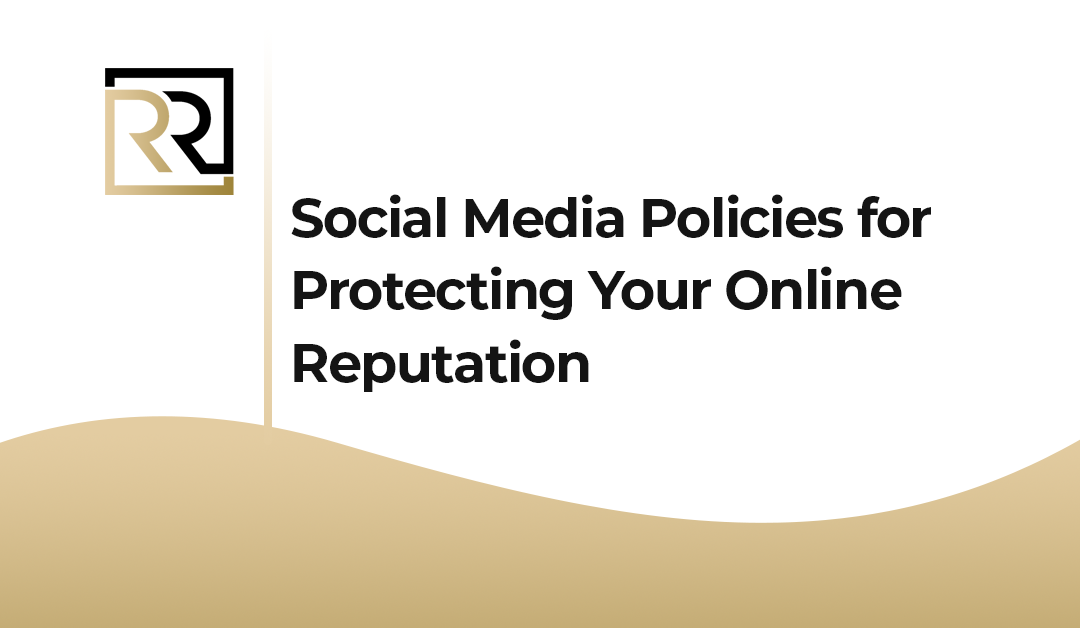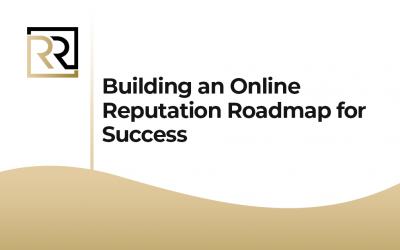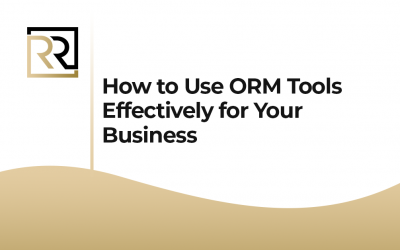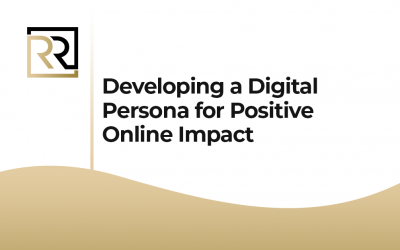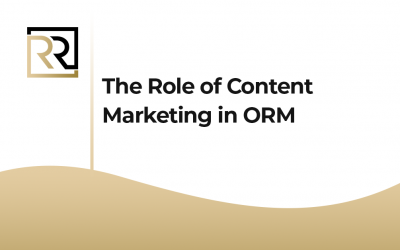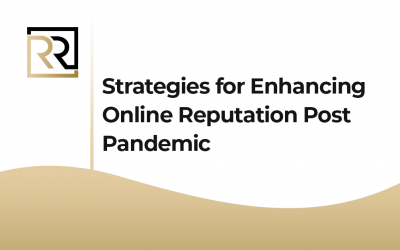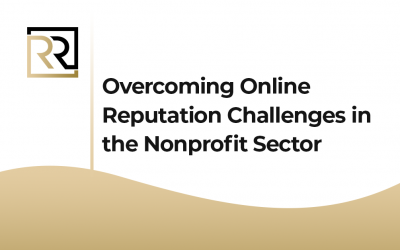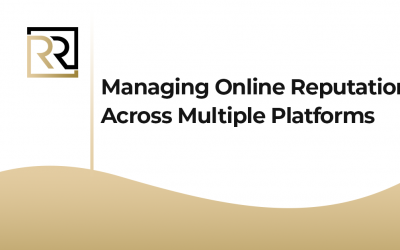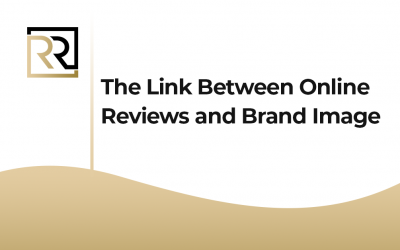Social Media Policies for Protecting Your Online Reputation
In today’s digital age, where social media wields significant influence, protecting your online reputation has never been more critical. Whether you’re an individual, a business, or an organization, having robust social media policies in place is paramount. Thus, this article delves into the importance of social media policies for safeguarding online reputation and provides actionable insights on crafting effective guidelines.
Protecting Your Online Reputation – Effective Social Media Policies
1. Understanding the Significance of Social Media Policies
Firstly, Social media policies serve as the backbone for managing and safeguarding online reputation. Thus, they establish clear guidelines for the use of social media platforms, ensuring that individuals and organizations present a consistent, professional, and positive image online. Therefore, by delineating acceptable behavior and expectations, these policies create a roadmap for navigating the complex landscape of digital communication.
2. Aligning Policies with Brand Values
Secondly, effective social media policies should align seamlessly with the core values and identity of the brand or individual they represent. Whether it’s a commitment to transparency, professionalism, or inclusivity, these policies should reflect and reinforce the overarching principles that define the online persona.
3. Clearly Define Acceptable Behavior
Generally, clarity is key in social media policies. Therefore, clearly define what constitutes acceptable behavior on social media platforms. Also, this includes guidelines on language use, tone, and content sharing. Moreover, by leaving no room for ambiguity, these policies empower individuals and teams to engage in online activities that reflect positively on their reputation.
4. Educating Users on Privacy Settings
Social media policies should include a section educating users on privacy settings. Besides, understanding the importance of adjusting privacy settings, managing who can see certain content, and being mindful of the implications of public posts are crucial elements in protecting online reputation. Therefore, include step-by-step instructions to ensure all users can navigate these settings effectively.
5. Mitigating Risks
Identify potential risks associated with social media use and provide guidelines for mitigating them. This, for example, could include refraining from engaging in controversial topics, avoiding offensive language, and steering clear of activities that could be perceived as unprofessional. What’s more, by preemptively addressing risks, social media policies act as a preventive measure against reputation damage.
6. Guidelines for Handling Negative Comments
Negative comments are an inevitable part of online engagement. Therefore, social media policies should equip individuals and teams with guidelines on how to handle negative comments professionally and constructively. For instance, this may involve responding diplomatically, moving discussions to private channels, or seeking guidance from designated personnel.
7. Encouraging Employee Advocacy
Besides, for organizations, social media policies can play a pivotal role in encouraging employee advocacy. Thus, provide guidelines on how employees can contribute positively to the brand’s online presence. For example, this may include sharing relevant content, participating in industry discussions, and showcasing company culture. Further, employee advocacy can enhance the overall online reputation of the organization.
8. Regular Training and Updates
Generally, social media is a dynamic landscape, and policies need to evolve alongside it. Besides, implement regular training sessions to keep individuals informed about changes in social media platforms, emerging best practices, and updates to the organization’s policies. Further, this ongoing education ensures that users stay aligned with the latest strategies for protecting online reputation.
9. Delineate Between Personal and Professional Accounts
Overall, for individuals representing a brand or organization, social media policies should delineate between personal and professional accounts. Moreover, clarify the expectations for behavior on personal accounts when it intersects with the individual’s association with the brand. Thus, this boundary ensures that personal activities don’t inadvertently impact the organization’s reputation.
10. Legal Considerations
Integrate legal considerations into social media policies to safeguard against potential legal issues. This may involve guidelines on copyright compliance, avoiding defamation, and respecting intellectual property rights. Also, legal awareness is a crucial aspect of protecting online reputation in an increasingly litigious digital environment.
11. Monitoring and Reporting Mechanisms
Also, include provisions for monitoring online activities and reporting mechanisms within social media policies. Generally, establish guidelines for individuals to report any potential issues or concerns they encounter online. Moreover, a swift and effective reporting system enables proactive management of situations that could potentially harm reputation.
12. Adaptability to Evolving Trends
The digital landscape is dynamic, with social media trends constantly evolving. Therefore, social media policies should be adaptable to these changes. Also, regularly review and update policies to ensure they remain relevant and effective in the face of emerging social media practices and trends.
Conclusion: Social Media Policies for Protecting Your Online Reputation
Generally, effective social media policies are instrumental in safeguarding your online reputation in an era where digital presence is synonymous with brand identity. Therefore, by aligning policies with brand values, clearly defining acceptable behavior, educating users on privacy settings, mitigating risks, guiding the handling of negative comments, encouraging employee advocacy, providing regular training and updates, delineating between personal and professional accounts, addressing legal considerations, incorporating monitoring and reporting mechanisms, and ensuring adaptability to evolving trends, individuals and organizations can navigate the complex social media landscape with confidence. Moreover, in a world where online reputation is a fragile asset, these policies serve as a shield, fortifying your digital presence and ensuring that it reflects the positive and professional image you aim to project.
Take care of your reputation resolutions with us.
Services
Our Services
Search Engine Content Removal
Social Media Content Removal
Positive Content Creation
Online Reviews Optimization
Search Results Optimization
Learn
Our Blog
Building an Online Reputation Roadmap for Success
Online Reputation Roadmap for Success Further, in today's digital-centric world, your online reputation holds significant sway over your success, whether you're an individual professional, an...
How to Use ORM Tools Effectively for Your Business
How to Use ORM Tools Effectively for Your Business Further, in today's digital landscape, a business's online reputation can make or break its success. Furthermore, with consumers...
Developing a Digital Persona for Positive Online Impact
Developing a Digital Persona for Positive Online Impact Further, in today's digital age, establishing a strong online presence is no longer just an option; it's a necessity. Whether you're an...
The Role of Content Marketing in ORM
The Role of Content Marketing in ORM In today's digital landscape, the role of content marketing has become paramount for businesses and individuals alike. Indeed, consumers...
Strategies for Enhancing Online Reputation Post Pandemic
Enhancing Online Reputation Post Pandemic As the world emerges from the shadow of the COVID-19 pandemic, businesses and individuals are grappling with the aftermath and adapting to a...
Overcoming Online Reputation Challenges in the Nonprofit Sector
Online Reputation Challenges in the Nonprofit Sector In today's digital era, online reputation is critical for nonprofit organizations to attract donors, engage supporters, and fulfill their...
The Importance of Consistency in Online Branding
Consistency in Online Branding In the digital age, establishing a strong online presence is essential for businesses to succeed in a competitive marketplace. However, merely having a presence...
Managing Online Reputation Across Multiple Platforms
Online Reputation Across Multiple Platforms Further, in today's interconnected digital landscape, managing online reputation across multiple platforms has become essential for businesses and...
The Link Between Online Reviews and Brand Image
Online Reviews and Brand Image Online Reviews and Brand Image, in the digital age, where consumers are just a click away from expressing their opinions, online reviews have become a...


